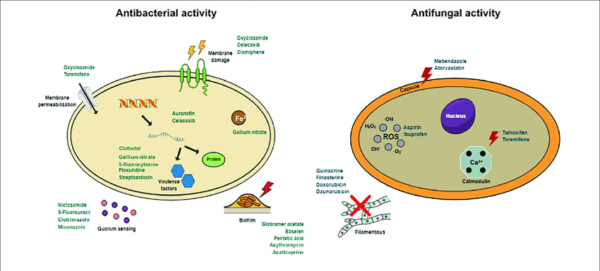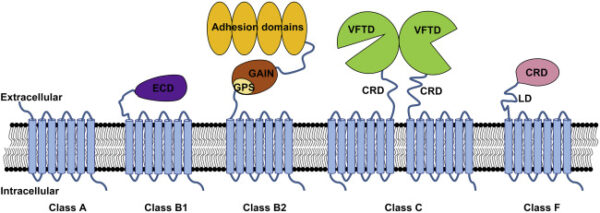A PDZ PPI (protein-protein interaction) library is a collection of small molecule compounds specifically designed to target PDZ domains and modulate PDZ-mediated protein interactions. PDZ domains are protein interaction modules found in a wide range of proteins and are involved in various cellular signaling pathways. The PDZ PPI library consists of diverse chemical compounds that can selectively bind to PDZ domains and disrupt or stabilize specific protein-protein interactions, thereby influencing cellular processes and potentially serving as therapeutics.
PDZ domains are known for their ability to recognize and bind to short peptide sequences present in target proteins. This recognition specificity makes PDZ domains attractive targets for therapeutic intervention. However, the development of small molecules that can mimic or disrupt PDZ-peptide interactions is challenging due to the complex and dynamic nature of these interactions.
The PDZ PPI library comprises compounds designed using various strategies, including structure-based design, virtual screening, fragment-based approaches, and high-throughput screening. These compounds are optimized to interact with specific PDZ domains, with the goal of disrupting or stabilizing biological protein-protein interactions involved in disease-associated pathways.
The library may consist of diverse chemotypes, including small molecules, peptidomimetics, and macrocycles, each possessing unique chemical scaffolds that enable selective binding to PDZ domains. These compounds are typically synthesized using combinatorial chemistry, diversity-oriented synthesis, or medicinal chemistry optimization techniques. They are characterized by their structural diversity, physicochemical properties, and synthetic tractability.
In addition to the chemical compounds, the PDZ PPI library may also include tools for compound screening and optimization, such as high-throughput screening assays, structural information of PDZ domains, and computational tools for virtual screening and structure-based design. These resources aid researchers in identifying and optimizing lead compounds with desirable potency, selectivity, and pharmacokinetic properties.
The PDZ PPI library has significant implications for drug discovery and therapeutic development. Modulating PDZ-mediated protein interactions can potentially impact various disease pathways, including cancer, neurological disorders, and infectious diseases. Targeting specific PDZ domains can disrupt aberrant protein interactions associated with disease progression or stabilize desirable interactions, opening avenues for drug discovery and precision medicine.
The development of small molecules that can modulate PDZ interactions offers several advantages over peptide-based approaches. Small molecules are typically more cell-permeable, metabolically stable, and orally bioavailable, enabling robust pharmacological intervention. Additionally, the small molecule nature allows for fine-tuning of specific properties, such as selectivity and potency, through chemical modifications and medicinal chemistry optimization.
However, designing and optimizing small molecules to interact specifically with PDZ domains comes with challenges. PDZ domains exhibit diverse binding site architectures, differing affinities for various peptide sequences, and abundant conformational flexibility. Overcoming these challenges requires a comprehensive understanding of PDZ domain structures, dynamics, and their interactions with peptides. Structure-based design, as well as computational modeling and molecular dynamics simulations, play crucial roles in guiding the optimization process for PDZ-targeting compounds.
In conclusion, the PDZ PPI library represents a valuable resource for researchers aiming to target PDZ-mediated protein interactions. It consists of a diverse collection of small molecule compounds designed to selectively bind to PDZ domains, disrupt aberrant protein interactions, and potentially modulate disease-associated pathways. The library opens up new possibilities for drug discovery and therapeutic interventions in various diseases, offering the potential for improved patient outcomes and precision medicine.



